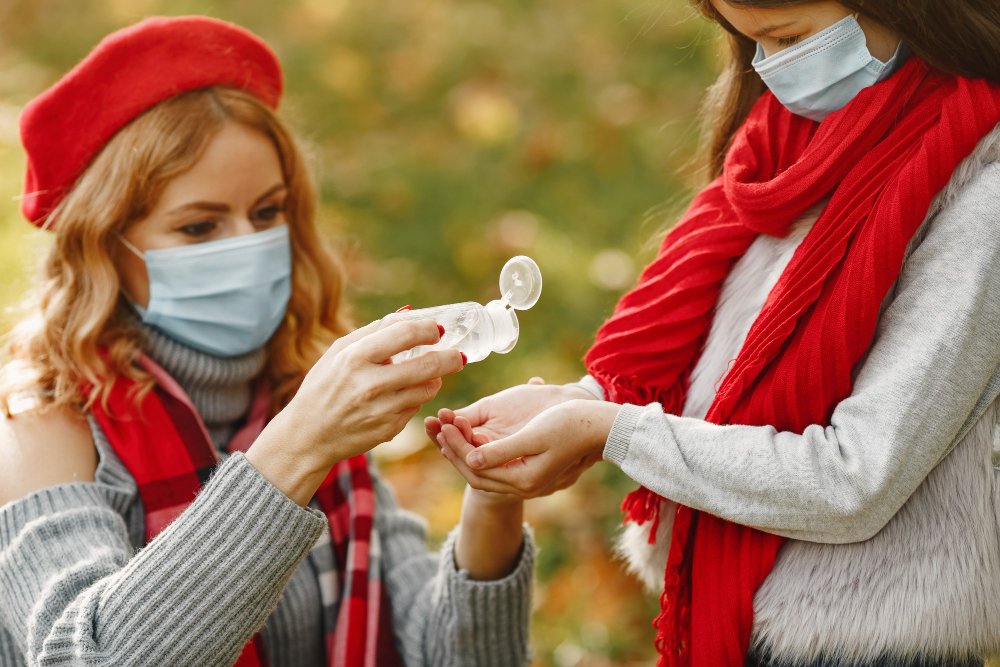Traveling abroad for menstrual health treatments is becoming increasingly common among women seeking affordable, accessible, or specialized care. Whether you’re managing PCOS, amenorrhea, hormonal imbalances, or just looking to regulate your cycle during extended stays, here’s everything you need to know.
🩺 1. What are menstrual cycle regulation treatments?
These are medical interventions designed to correct or control irregular, absent, or painful periods. Treatments often include:
- Hormonal therapy (e.g., birth control pills, estrogen/progestin therapy)
- Lifestyle and metabolic management (e.g., for PCOS or thyroid issues)
- Fertility-preserving interventions
- Uterine or ovarian evaluations for structural problems
- Surgical or procedural treatments, if necessary
🌍 2. Why do people seek menstrual regulation treatments abroad?
- Cost savings on consultations, diagnostics, and medications
- Access to specialized clinics for PCOS, infertility, or endometriosis
- Shorter waiting times in private healthcare systems
- Combining wellness travel with medical care
- Seeking care in countries with progressive reproductive health laws
🧳 3. Is it safe to get menstrual cycle regulation treatment abroad?
Yes, if you choose reputable clinics with qualified gynecologists and endocrinologists. Ensure:
- The clinic is certified/accredited
- Doctors are licensed and fluent in English (or provide translation)
- The facility provides clear aftercare plans
Tip: Look for JCI-accredited hospitals (Joint Commission International) or those affiliated with global healthcare networks.
💊 4. What types of treatments are available for international patients?
Most clinics offer:
- Initial menstrual and hormonal assessment
- Blood tests (FSH, LH, prolactin, TSH, estradiol, etc.)
- Pelvic ultrasound or transvaginal ultrasound
- Prescription hormone therapy (oral contraceptives, patches, injections)
- Cycle control planning for irregular or missed periods
- Treatment of underlying causes (e.g., PCOS, hypothyroidism, fibroids)
Some advanced clinics also offer:
- Menstrual suppression for travelers
- Cryopreservation of eggs if related to fertility
📆 5. How long should I stay in the country for treatment?
Duration varies by case:
- Short-term treatments (e.g., pill prescriptions, diagnostic evaluation): 1–3 days
- Cycle tracking or hormone therapy initiation: 5–10 days
- Procedures (e.g., hysteroscopy): 1–2 weeks, including recovery
- For follow-ups, telemedicine is often available after return.
🧾 6. What documents should I bring with me?
Bring:
- A detailed menstrual history (cycle length, symptoms, irregularities)
- Any prior lab results or imaging
- A list of current medications or supplements
- Your passport and travel insurance
- A copy of medical records or referral letter from your home physician (if possible)
🛫 7. Can I continue treatment after I leave the country?
Yes. Most clinics will provide:
- A summary of diagnosis and treatment plan
- Prescriptions you can fill in your home country
- Telehealth follow-up options
- Guidance on how to adjust doses or continue hormonal therapy long-term
💲 8. What does menstrual regulation treatment cost abroad?
Here’s an approximate cost breakdown (varies by country and clinic):
| Service | Estimated Cost (USD) |
|---|---|
| Initial consultation | $30 – $100 |
| Hormone blood panel | $50 – $150 |
| Ultrasound imaging | $50 – $200 |
| Birth control/hormonal therapy | $10 – $50/month |
| Advanced diagnostic or procedures | $300 – $1,500 |
Countries like India, Mexico, Turkey, and Thailand offer lower costs compared to the U.S., U.K., or Canada.
🌐 9. Which countries are top destinations for menstrual health care?
Top choices for affordability, expertise, and accessibility:
- India – Comprehensive reproductive clinics; low cost
- Thailand – Excellent women’s hospitals with Western standards
- Mexico – Popular for North American tourists; OTC availability
- Spain – Advanced diagnostic clinics with English-speaking staff
- Turkey – Fertility and hormonal therapy hubs in Istanbul
🧠 10. Can I get emergency menstrual care abroad?
Yes. In most urban centers:
- Visit a women’s health clinic or OB-GYN
- Use local apps (like AirDoctor or Practo) to book an appointment
- Pharmacies often carry emergency contraception or hormonal meds OTC
Know the emergency helpline number and English-speaking clinics in the country you’re visiting.
🛡️ 11. Is menstrual regulation covered by travel insurance?
Standard travel insurance may not cover elective treatments, but it often covers:
- Emergency care for heavy bleeding or pain
- Prescription medications if lost
- Unexpected complications
If you’re planning treatment, consider medical tourism insurance or a custom international health plan.
📱 12. What digital tools can help while traveling for menstrual treatment?
Recommended apps:
- Flo, Clue, or Period Tracker for logging cycles
- MyTherapy or Medisafe for tracking pill doses
- Google Translate (download offline) for local medical communication
- AirDoctor, Zocdoc, Practo to find local doctors
🧘♀️ 13. Can I combine menstrual care with a wellness retreat?
Yes! Many women opt for:
- Hormonal balancing retreats in Bali, Thailand, or India
- Clinics offering yoga, acupuncture, Ayurveda, or nutrition counseling
- Fertility and hormone reset programs focused on mind-body healing
These retreats blend medical care with holistic wellness, often in serene environments.
💬 Final Thoughts
Traveling for menstrual cycle regulation is safe, effective, and empowering when done through reputable providers. Whether you’re correcting a long-standing cycle issue, managing symptoms of PCOS, or seeking preventive care while abroad, you’re not alone — many women are reclaiming their health across borders.




